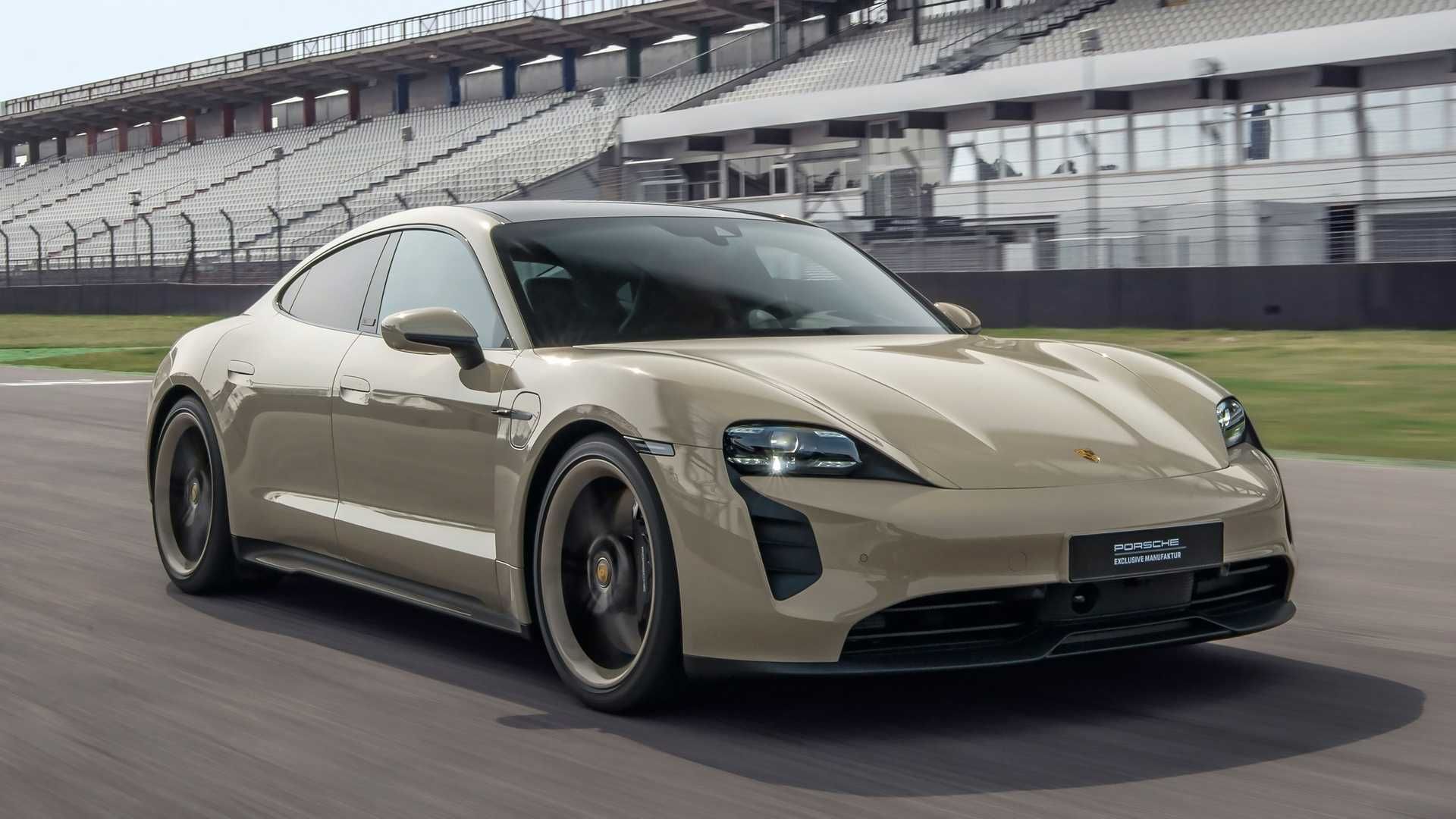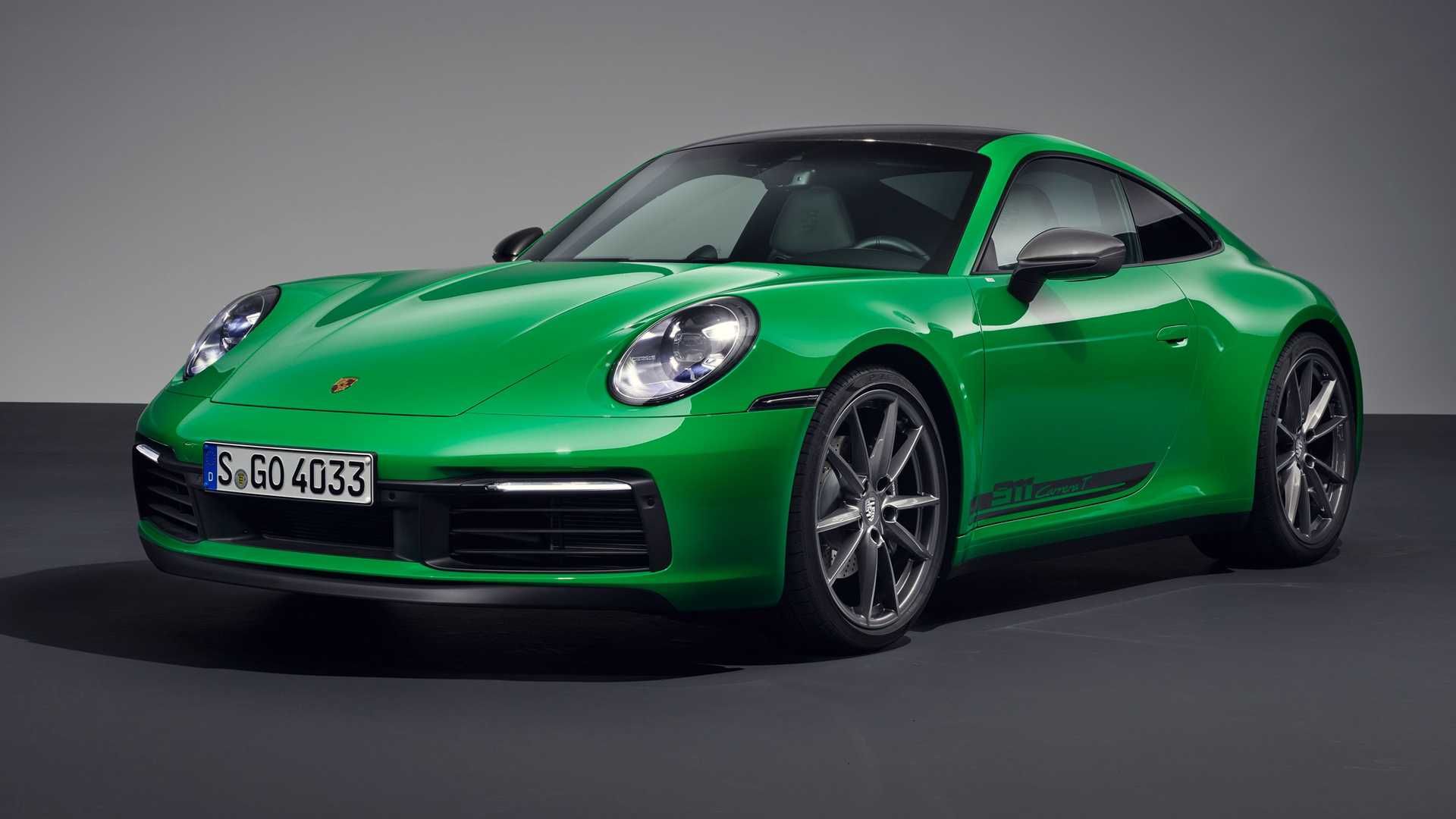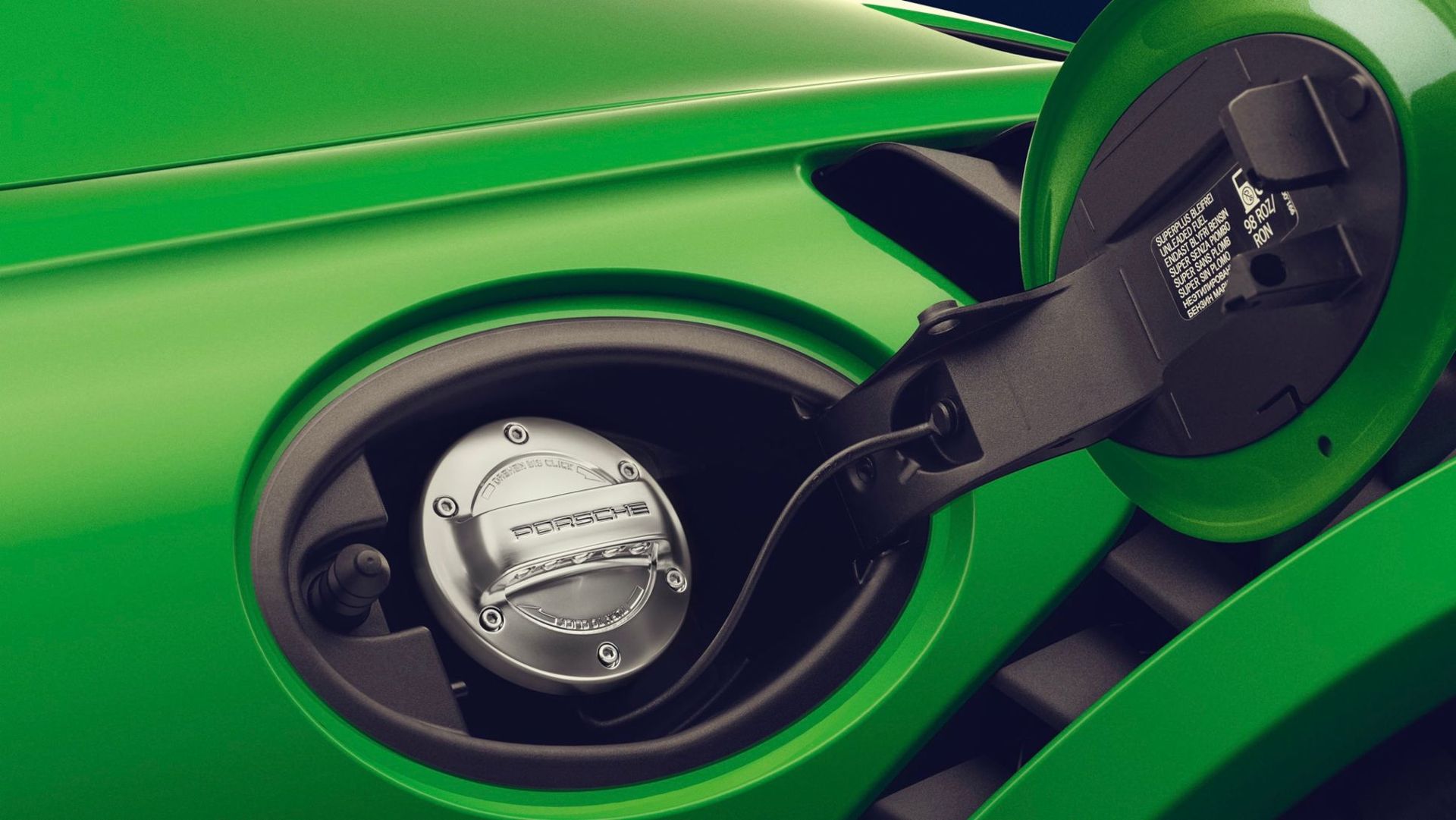Porsche and its partners have started producing a climate neutral fuel called “eFuel” at a pilot plant in Chile. The goal is for eFuel to replace gasoline in traditional internal combustion engines.
Porsche aims to produce gallons of eFuel in the near term
The company plans to produce millions of gallons of eFuel by the middle of the decade and initially use it in motor sports and at its performance experience centers, with the eventual goal of selling it to oil companies and others for distribution to consumers.
eFuels are a type of synthetic methanol that are produced using a complex process involving water, hydrogen, and carbon dioxide. They are meant to enable the nearly carbon dioxide-neutral operation of gas-powered engines, though vehicles will still need to use oil to lubricate the engine.
The manufacturer has fuelled a Porsche 911 for the first time with a synthetic fuel made from air and water.
Highly Innovative Fuels is behind the eFuel production
Highly Innovative Fuels developed the eFuel, which the manufacturer has invested in as a hedge against being compelled to go all-electric in the zero carbon future.
The company manufactures the fuel at a wind-powered plant in Punta Arenas, Chile, where the wind blows an average of 270 days per year.
Porsche anticipates producing approximately 130,000 liters (34,342 U.S. gallons) of eFuel during the experimental phase. There are plans to increase production to approximately 55 million liters (14.5 million U.S. gallons) by mid-decade and 550 million liters (145.3 million U.S. gallons) approximately two years later.
In late 2020, Porsche announced that it will invest $24 million in the development of the Chilean factory and eFuels. At the time, the carmaker stated that the plant and eFuel would not be operational until 2021. Partners include the Chilean company Highly Innovative Fuels, the renewable energy division of Siemens, and others.

According to company representatives, eFuel can function similarly to gasoline, allowing vehicle owners to travel in a more eco-friendly manner. They may also utilize the same fuelling infrastructure as gasoline, whereas electric vehicles would require billions of dollars to create a network of charging stations.
However, completely replacing conventional fossil fuels with eFuel would be challenging and expensive. According to the U.S. Energy Information Administration, approximately 134.83 billion gallons of finished motor gasoline were consumed in the United States in 2021, or about 369 million gallons per day on average.
Nonetheless, development of such a fuel would enable Porsche and others to continue manufacturing vehicles with conventional engines, such as the classic Porsche 911 sports car, alongside or instead of a new electric model. Although electric vehicles can deliver exceptional performance, their driving dynamics are distinct from those of conventional engines.
The fuel mixes carbon collected from the atmosphere with hydrogen derived from water to produce methane, which is transformed into a gasoline-like fuel.
Since it requires as much carbon dioxide to produce as it emits, it is virtually a carbon-neutral fuel and might be permitted for widespread usage under future emission regulations. Porsche, other sports vehicle manufacturers, and even the Formula One series have investigated its use to preserve the performance and aural entertainment advantages of internal combustion engines in their products.

Recently, Stephan Winkelmann, CEO of Lamborghini, told Fox News Digital that his company is also very interested in the technology.
“This is something that we are still looking into, we have to see what the legislature is going to say in the next couple of years if there is an opportunity or a window open also for those types of cars with hybrids still in the 30s by utilizing synthetic fuel,” Winkelmann said.
Porsche executives acknowledged the start of eFuel manufacturing by fueling a Porsche 911 with the first synthetic fuel manufactured at the plant.
“The potential of eFuels is huge. There are currently more than 1.3 billion vehicles with combustion engines worldwide. Many of these will be on the roads for decades to come, and eFuels offer the owners of existing cars a nearly carbon-neutral alternative,” Michael Steiner, Porsche’s director of research and development, said in a press release.
Steiner and others reaffirmed on Tuesday that the development of the fuel does not change the company’s goal to offer 80% EVs by 2030. European Commission also have specific regulations to combat climate change.





